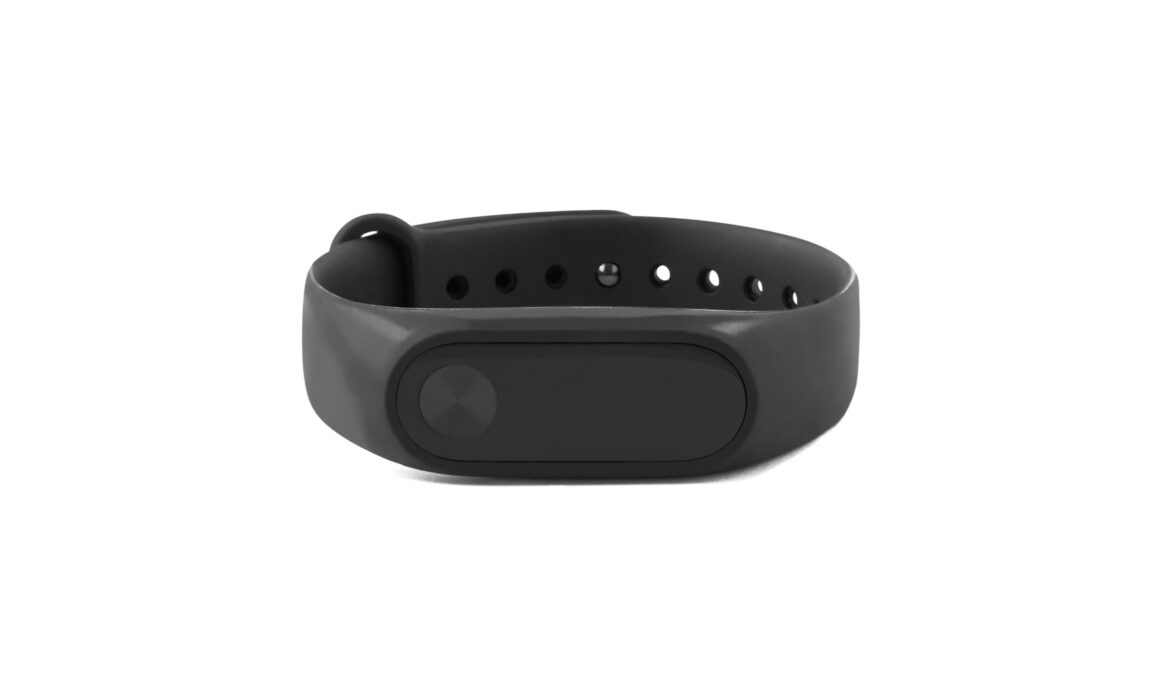I’ve been using the Jawbone UP now for a few days and have been gradually monitoring my sleep patterns with it. The device has been telling me precisely how long I’ve been spending sleeping, as well as how long I’ve spent in deep sleep or light sleep. It has also shown me how many times I’ve woken up and has been keeping track of all this information so I can see patterns over time.
I’m not alone in this current trend. It seems at the moment like just about everyone is jumping on the health tracking bandwagon and tracking sleep is a fun place to start. The question is… does it work? Can wearing a fitness band really improve your sleep and your health? Whether or not it provides accurate information, can it actually help you to improve your behavior and thus your health?
Benefits of Sleep Tracking
I have the first generation Jawbone UP and for that reason it doesn’t provide all that much detailed information compared with some devices. The new Microsoft Band and Samsung Galaxy Gear Fit both give you a heart rate reading which means you can see how your heart rate has fluctuated during your sleep as well. At least you can with the Microsoft Band – the Gear Fit needs you to turn the heart rate monitor on and it doesn’t use this information to add anything extra to its sleep tracking. The MB though uses a combination of heart rate and gyroscope in order to tell you not just whether you’ve been in light or deep sleep but also whether you’ve been in stage 1 or stage 2 sleep. Of course a few reviewers have questioned just how useful these devices are for measuring heart rate accurately and personally I’m most interested in the upcoming Jawbone UP3 which uses bio-impedance to measure the heart rate more accurately and efficiently (rather than using an optical system) and which can also measure skin temperature and hydration as a result.
But really you don’t need anything fancy to start benefiting from sleep tracking software. As long as you can see how long you’ve been in deep sleep you can tell how well you’re sleeping. This in turn then has two important impacts:
- It allows you to start looking for correlations and lets you do mini self-experiments. For instance, as most fitness trackers include pedometers (if not all), you can use them to see how far you’ve walked and how this correlated with how well you’ve slept. Likewise, you can see whether taking a hot shower before you go to bed improves your sleep, or whether eating a big meal just before bed damages it. Once you start to identify patterns and correlations, you can then take the best actions to promote great sleep and gradually see it get better.
- It motivates you to do better. If you’ve ever heard the expression ‘that which is recorded, improves’, then you’ll have an idea of how this can lead to much better behavior surrounding your sleep ritual. At the same time, being able to see gradual improvements and knowing that you’ll get numerical proof of your hard work both also encourage you to make the effort. In short this is a great way to motivate yourself to take action and that’s reason enough for many of us. Most fitness trackers also have a social element which lets you support your friends and which motivates those of a competitive disposition (I wouldn’t know anything about that…).
Silent Alarms
The Jawbone UP and some other trackers also have another cool feature that can improve your sleep – and that’s the option of a smart alarm.
For starters, the alarm on any smartwatch/fitness band works by vibrating on your wrist instead of making noise. This in turn has the advantage of allowing those who sleep in bed with their partners to create their own waking and sleeping ritual without disturbing one another. This is highly useful if you need to wake up early – or if you want to go running before you get ready for work.
Better yet though, devices like the Jawbone UP have a ‘smart alarm’ feature. This works by monitoring your movement in the night and whether you’re in deep or light sleep and then vibrates to wake you only when you’re in the lighter stages of sleep. In turn that prevents you from being woken when you’re in your heaviest and deepest sleep. Of course it makes sure you’re awake for the time you need to be but it also wakes you at a point when you will be the closest to waking anyway. In theory this should mean you’re able to jump up out of bed with much more energy and experience less ‘sleep inertia’.
Does it work? Yes and no. On the one hand you are likely to feel a bit more awake when it goes off (though it seems to miss the mark on occasion) but ‘jump up out of bed’ is definitely a little strong for describing what happens next. And knowing that you can get 10-20 minutes more sleep potentially is still often difficult to ignore.
Overall, sleep trackers are informative and if nothing else they encourage you to keep improving. This is really where their value lies and in that regard it’s pretty hard to fault them. And they’re only going to get better as they gain more sensors and features… watch this space!




